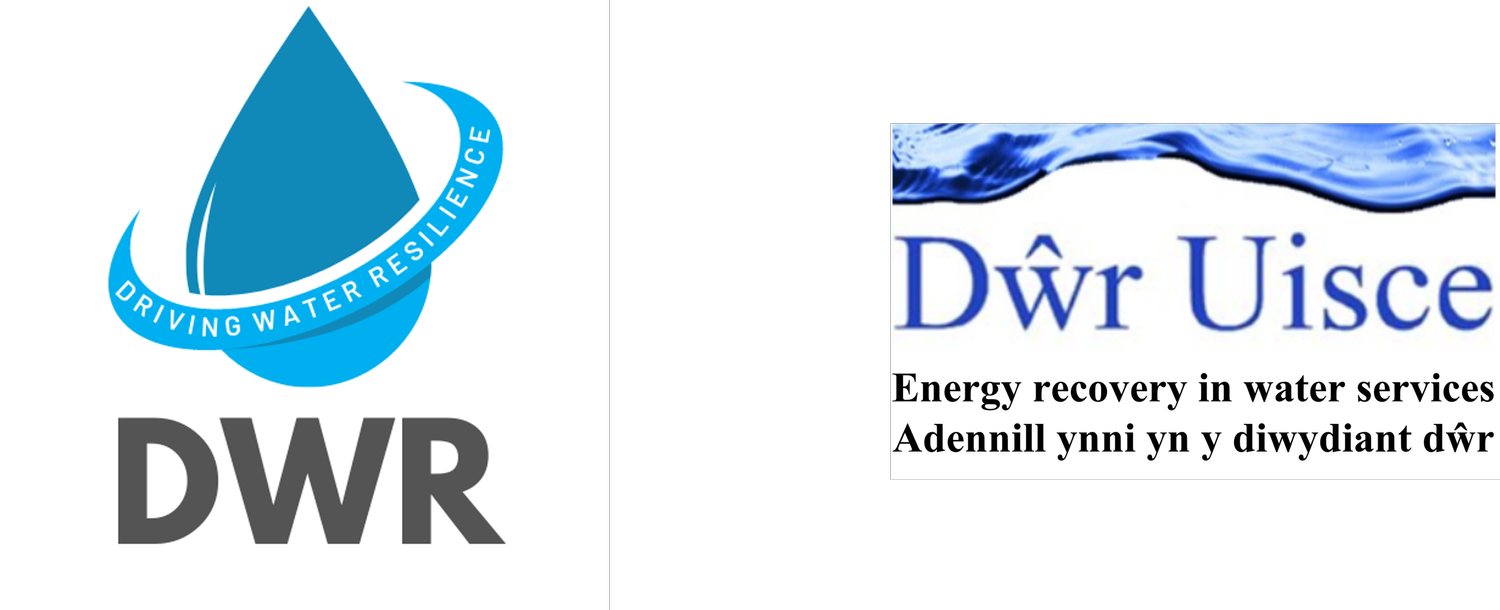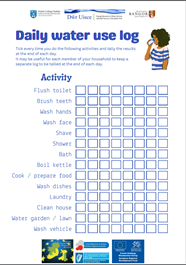Household Water-Energy Efficiency
We believe everyone has a part to play in reducing energy use and associated emissions.
We have therefore designed and launched a citizen science project as a call to action for Irish households to take climate action through water-energy efficiency at home.
Irish Citizen Science Project on Household Water-Energy Efficiency
Our main aim for this project is to engage and collaborate with the public to improve our understanding of water-related energy use in Irish homes and to assess the most effective means of improving the efficiency of household water and energy use. The project consists of two parts:
Part 1: a cross-sectional survey launched last year on current public perception of household water and water-related energy use. You can read the Preliminary Results of part 1 here.
Part 2: a longitudinal study which will consist of a monitoring study during which will involve participants record their water use for a week.
Part 2 is now open, click on the button to take part!
Part 2: longitudinal study on household water and water-related energy use in Ireland
We have launched the second part of the citizen science project which will collect data on actual household water use in Ireland. This data alongside the result of the cross-sectional survey will be used to assess the climate action potential of household water use efficiency in Ireland.
The main aim of the follow-on is to develop a baseline of current household water use and water-related energy use which will help in quantifying the potential of energy efficiency and emissions reductions from water use in Irish households. We are using findings from this to develop up-to-date best practice guidelines for climate action through household water use efficiency.
The survey consists of a week-long data collection during which participants record their actual water use (by activity not volumes- no meter required). The survey should take no more than 10 minutes a day to complete for a total of 7 days up to the closing date on 30 November. Once the survey is started, a separate link will be automatically emailed after submitting an entry for the next submission.
Once the survey is started, a separate link will be automatically emailed after submitting an entry for the next submission. A download a printable log to help your household keep track of water use can be downloaded here: daily water use log. Each member of a household can keep a separate log to be tallied with the everyone’s log at the end of each day.
Why take part?
We need your help: we will not be able to have a comprehensive understanding of water use and water use behaviours in households without your participation.
We hope that you can also benefit from the study as well. A lot of our everyday environmental contribution to climate change is caused by routine actions that we take without thinking. So, why not to spend a few minutes to reflect on how you use water and what your water use habits and behaviours mean in terms of energy use, emissions, and costs? You may discover that by simply changing some of your habits you can greatly reduce your water and carbon footprint, as well as your energy bills. Or you might find out you are already a champion and decide to do even more.
Do you want your community group or organisation to get involved?
We can support you by offering an engagement activity or event (online or in person) to get them excited about climate action through water-energy efficiency. Read here about the experience of the residents of Kilcronan Court, Clondalkin, Co.Dublin and members of Co-Operative Housing Ireland. You can download a flyer about the project here.
For more information or to get involved, please contact: Aisha Bello-Dambatta a.bellodambatta@bangor.ac.uk or Roberta Bellini bellinir@tcd.ie.
What is Citizen Science?
Citizen science is a form of crowd-sourced scientific research. Members of the public are invited to contribute to a piece of research, for example a survey or a sampling campaign, to enhance the data collection potential of that study. This approach fosters active participation and public engagement: research and monitoring are done by and with members of the public, for something that interests them which result in co-creation of knowledge. We believe citizen science is a critically important way of democratising science and engaging the public in contributing to solutions to some of the most topical global challenges like climate change.
Ethics statement
Ethical approval to conduct this research is granted under the procedures operated by the College of Environmental Sciences and Engineering Ethics Committee at Bangor University: Approval Number: COESE2022ABD/01A.


